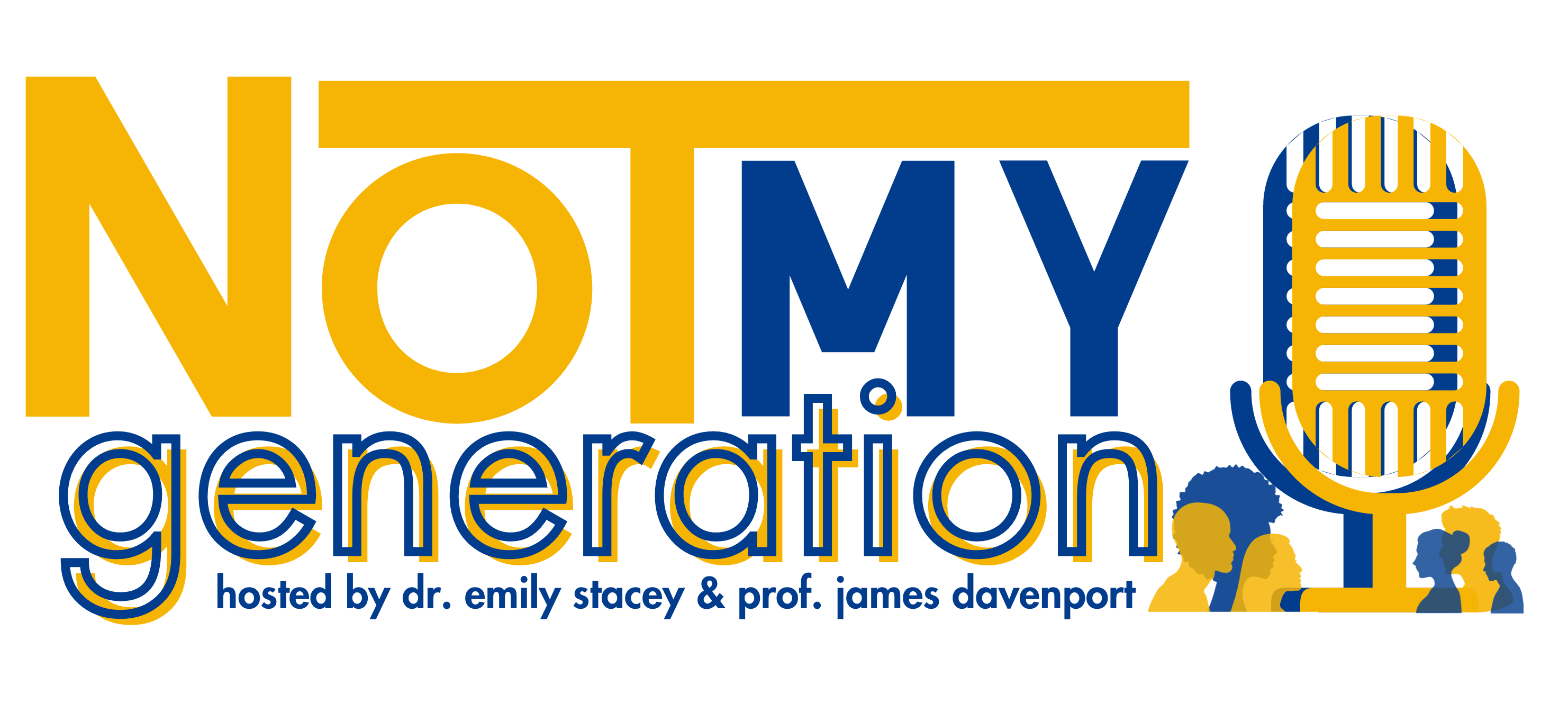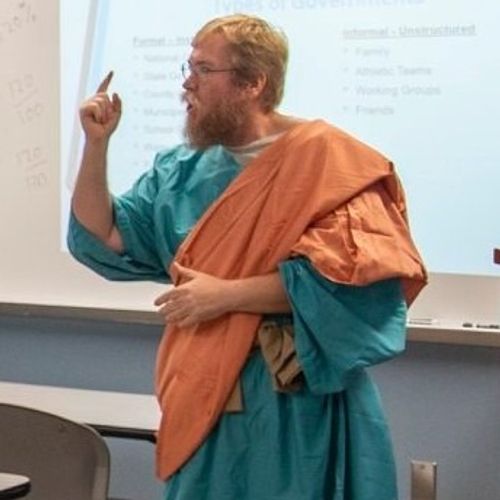Episode 2
2 - Not My Generation - Chaos is King!
Dr. Emily Stacey and Professor James Davenport discuss the chaos created in the U.S. House of Representatives when a small faction of Republicans were able to oust the current Republican Speaker. Who will be able to satisfy the various factions in the GOP House Conference to win - and keep - the Speakership? And which Oklahoman has been named as a possible "dark horse" candidate for Speaker?
At the state level, Republicans also created some chaos as Governor Stitt's special session on reducing taxes ended almost as quickly as it began. Despite having large majorities in both chambers of the state legislature, the governor failed to effectively coordinate with legislative leaders, especially Senate President Pro Tempore Greg Treat, and saw his effort go down in flames.
Internationally, Dr. Stacey explains why the BRIC nations are expanding and what that means for the United States and the West in general. Also, why do women seem to still lack representation in national and international democratic bodies - including the U.N.?
With so much going on it can be hard to keep up, but James & Emily explain what leads to some of the craziness of national and state politics while keeping an upbeat attitude and recognizing the need for compromise.
If you have a question or comment about this episode, or would like to suggest a topic or guest for a future episode, you can reach us at NotMyGeneration@raider.rose.edu






